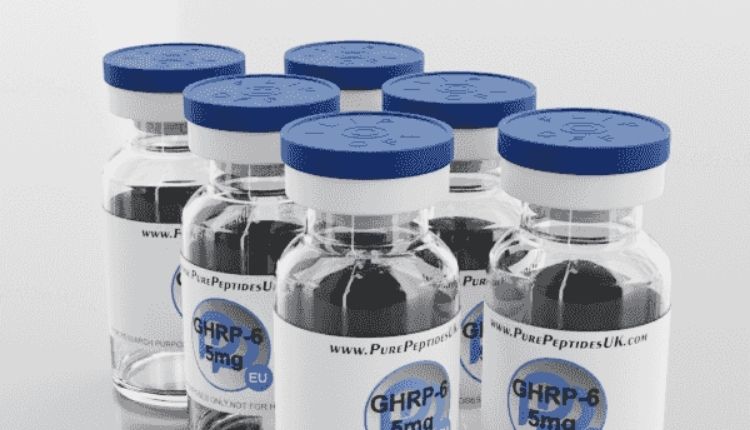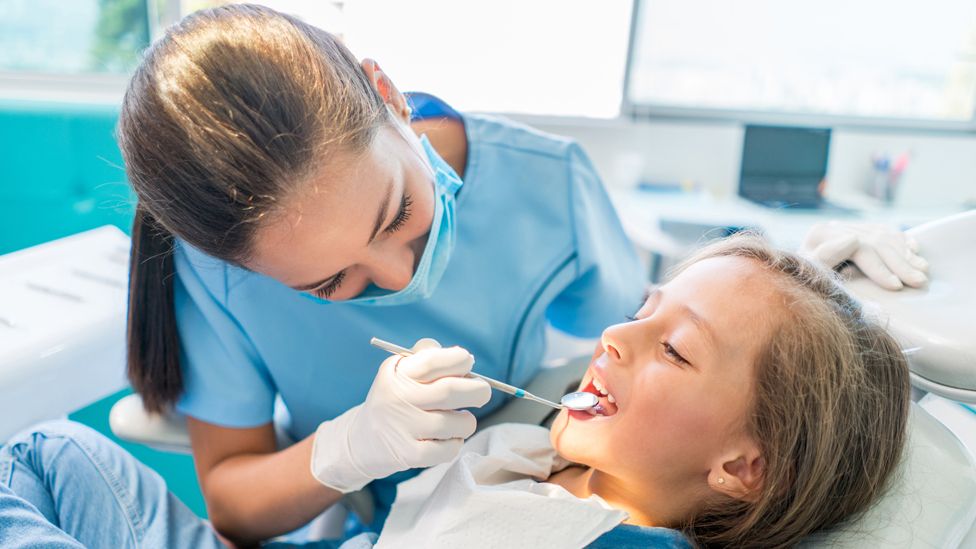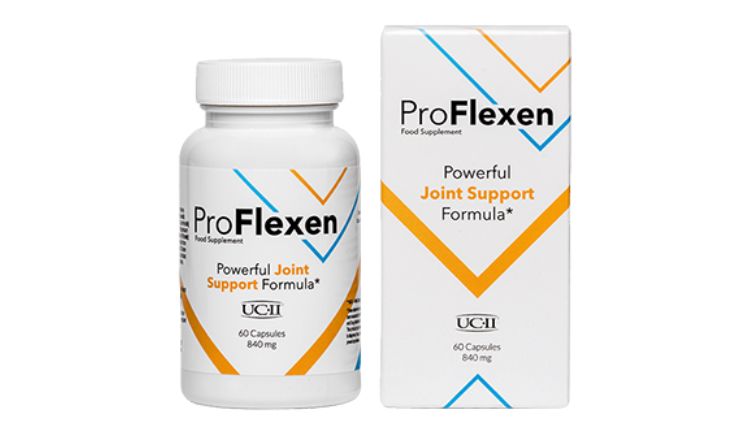
Ibogatherapy – How To Find A Good Ibogaine Clinic
Ibogaine treatment can be used to help with opiate withdrawal, addiction and psychiatric conditions. It’s important to find an experienced clinic and facilitator who knows how to safely use ibogaine in this way. Medical centers and hospitals that provide ibogaine treatment have a team of doctors, nurses and support staff to monitor clients before, during and after treatment. These people are trained to handle emergencies and can respond quickly if necessary.
Preparation
Ibogaterapia is known to be a powerful tool for addressing addiction-related mental health conditions. However, it requires careful preparation and a well-designed treatment plan to achieve its best outcomes. The preparation process is a very important part of the ibogaine treatment experience, as it can dramatically transform a person’s perspective of themselves and their environment. According to Beond co-founder Tom Feegel, patients should focus on their past, family relationships, fears, decisions and other key aspects of their lives during this time.
In addition, it is essential to know about your medical history and any medications you take before undergoing ibogaine treatment. Certain prescription medications can inhibit the CYP450 2D6 enzyme and prolong the QT interval, which can increase the risk for side effects during ibogaine detoxification. Hepatic testing is also mandatory, as people with chronic liver diseases are at an increased risk of ibogaine-induced hepatic damage. It is therefore crucial that any patients with hepatic conditions are treated by an experienced and qualified liver specialist prior to treatment.
Treatment
Ibogaine has proven to be a powerful tool in treating opioid addiction. In clinical studies, it has reduced cravings and withdrawal symptoms and increased abstinence rates. It also improves mood and anxiety symptoms (Davis et al., 2017; Mash et al., 2001; Noller, Frampton, & Yazar-Klosinski, 2018). The success of ibogaine treatment depends on the quality of care and integration after the treatment session. According to Feegel, “a big failure of many ibogaine clinics is not providing pre and aftercare.”
It is important for people who use alcohol or benzodiazepine drugs to detox from these substances before coming to an ibogaine clinic for addiction treatment. This is to prevent an acute withdrawal seizure that can be fatal. It is also crucial for people with psychiatric disorders to undergo a thorough psychiatric screening and receive supervision from a psychiatrist before enrolling in an clínica de ibogaina. This is because some psychiatric medications can interact with ibogaine and can cause serious side effects.
Aftercare
As with any form of treatment, it’s important to have a well-designed plan for your aftercare. Without this, you’re more likely to relapse than you are to maintain long-term abstinence. At Beond, clients arrive with a variety of issues, including addiction to drugs and alcohol, as well as mental health conditions like PTSD. Clients also sometimes have a dual diagnosis, meaning they have both substance use disorders and a mental health disorder.
The iboga psychedelic experience has been shown to interrupt the neural network that underlies substance use disorder (Tupper, Wood, Yensen, & Johnson, 2015). It can also have a positive impact on PTSD patients, helping them to gain insight and alignment of values. In addition, many people who have had ibogaine treatment develop a new way of thinking and feel more connected to their higher powers. It’s often a process of deep reflection and heightened sensitivity that lasts for weeks to months after the actual treatment session.
Integration
In a world with an ever-increasing opioid epidemic, there is an urgent need for a range of novel therapies to address opioid withdrawal. tratamento com ibogaina, associated with reductions in opioid use and attenuation of withdrawal symptoms (7), offers an underutilized yet promising option. Ibogaine is produced from the bark of a West African shrub called Tabernanthe iboga. It is an indole alkaloid with stimulatory and hallucinogenic effects.
It is a powerful and transformative drug that can help people overcome addiction to drugs, alcohol, nicotine and other substances. It has also been used to treat depression, insomnia and other mental health issues.
Ibogaine clinics and treatment centers worldwide have mushroomed in recent years. These centers differ widely in their practices and standards of care, some focusing on drive-thru detoxes or other “treatment” methods, while others offer high-quality treatment based on Western medical practices and incorporating auxiliary treatments like psychotherapy.
Final Thought
Ibogaine is a powerful psychedelic drug that has been shown to be effective in treating addiction on both the physical and mental levels. However, ibogaine can also be dangerous if not administered properly. When looking for an ibogaine clinic, look for one that follows medically based protocols. This includes having seasoned medical staff on hand during treatment and having an expert medical emergency response doctor available should anything go wrong.




